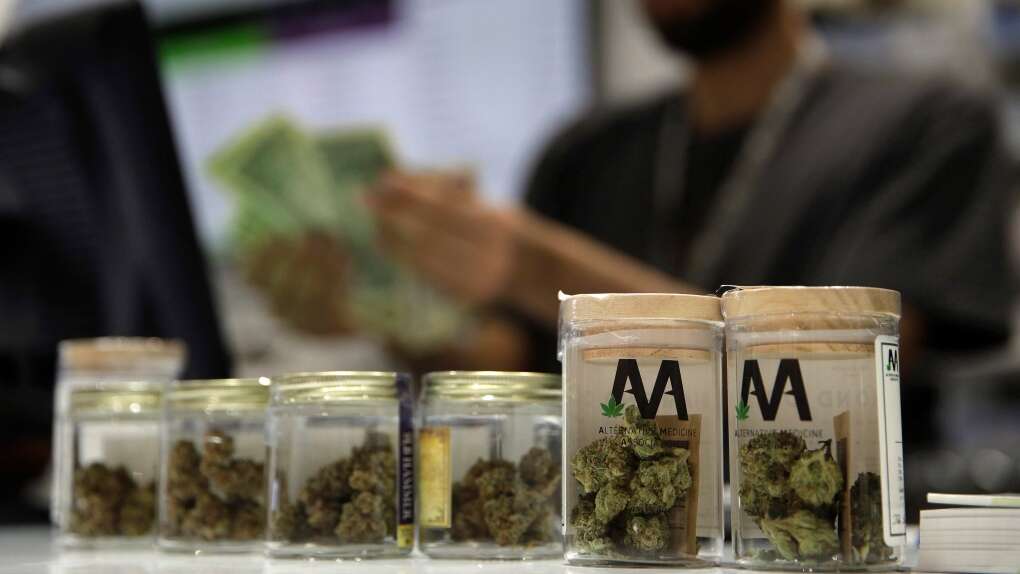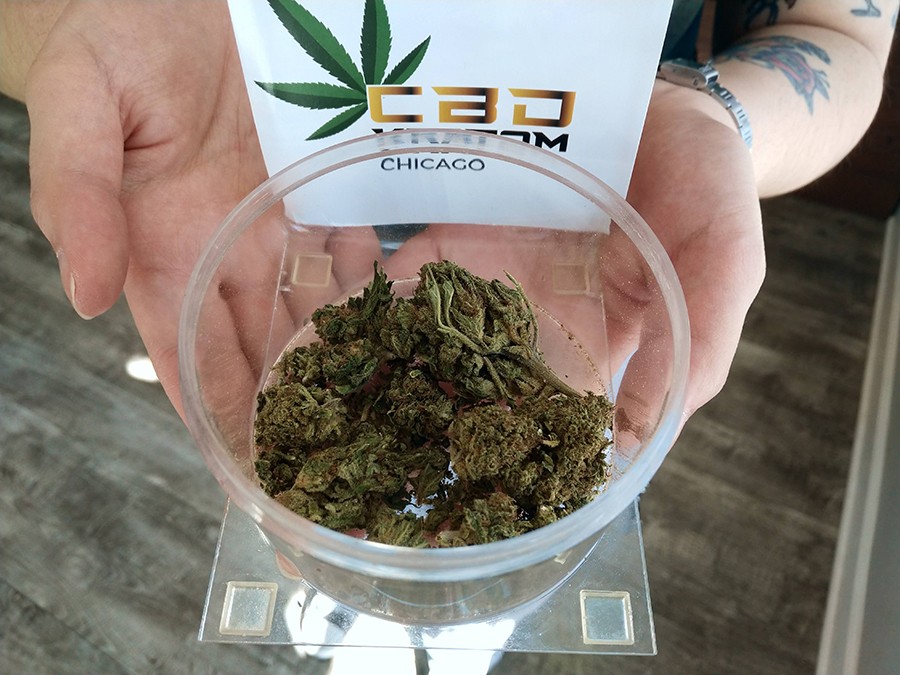About Marijuana
Details About Marijuana

Dating back to ancient days, hemp was used to relieve the resulting medicinal malaise pain. Before aspirin was discovered in 1897, people used medicinal marijuana to ease adult body discomfort as well as to reduce diarrhea, insomnia, hemorrhoids and heal women after giving birth.Do you want to learn more? Visit the herbal dispatch.
Nowadays, the diagnosis of many diseases, psychiatric conditions such as Alzheimer's disease and autism, AIDS / HIV and persistent arthritis-related discomfort, fractures and premenstrual syndrome is deemed a normal option.
In the United States, owning, distributing, or consuming it is against the rule, as it is narcotic like cocaine and heroin; thirteen states allow this to be marketed with a physician's written consent. A individual can not legally get a card provided by his or her state without the permission of a doctor who enables them to purchase it at a dispensary.
Dispensaries market this in other forms, such as rising plants, food and drink items, liquid type and to be ingested as a condensed tablet. Some of these include also a separate room for drinking the drug or offering infant care after a hospital stay. Patients who purchase it for valid health purposes will get it sell only to people with a prescription card at any approved pharmacy or clinic licensed by their state.
President Obama also introduced a program not to tax patients who comply by state rules. He claimed in a recent interview that health care reform and other concerns are of higher importance.
Any individuals have been known to effectively use self-hypnosis with anxiety and pain management to help relieve symptoms. If you want to go this path it is safest to work with a qualified and accredited expert.
Get Medical Marijuana Treatment With A Medical Marijuana Card
Public discussion about the medicinal application of cannabis and the chemical elements that can be obtained from it is, and is expected to be, for a long time. There are several cogent and logical claims in favor of the therapeutic properties of the herb and there are a few valid factors to encourage patients to follow this course of care instead of the other. The greatest challenge confronting medicinal marijuana advocates is a confounding regulatory tangle.
Throughout the United States of America weed remains illegal, at least at federal level. Rising, owning, selling, or purchasing the plant is prohibited. Stiff fines are regularly levied on the plant on nearly all of the breaches of this ban.
Specific state legislatures might have passed their own laws that decriminalizes or even legalizes the drug, but anytime the issue comes up, federal law is always supreme. In fact, federal authorities are neither trained nor empowered to conduct drug enforcement at the state level, and thus jurisdictions with less restrictive cannabis regulations are largely secure areas for patients.

The supposed therapeutical importance of cannabis is at the heart of the issue. The assessment of the real medical value is everything based on. The prohibition on weed is codified in the regulation of marijuana by the Drug Enforcement Administration and is focused around the possible safety risks connected with a drug.
Many will find the schedule and the performance into doubt. We wonder if we find drugs and anabolic steroids to be of greater therapeutic benefit than hemp. We note that the more private and confusing the titles are, the less of a issue we have with the Drug Enforcement Administration. Although that might be a bit of a crazy conspiracy hypothesis to suggest any form of collaboration between law enforcement officials and the big pharmaceutical firms, there are some who claim that something of this type is occurring.
And it binds the knot. Patients can not be permitted to use cannabis as a therapeutic choice, since the drug is illegal. The herb is unlawful since there is no important medical benefit known for it. There is work that disputes this claim, but lawmakers do not find it to be convincing enough facts.
Ironically enough, the question of cannabinoids' legal status could wind up being settled for more realistic and economic purposes. The psychological barrier to widespread cannabinoid tolerance is directly linked to the plant's illegal existence. This is a facet of the so-called War on Narcotics that began several years ago and that has been extremely costly and utterly unsuccessful. Abandoning this "battle" will relieve the concerns of everyone, from the government accountants to doctors undergoing chemotherapy who only want to avoid vomiting for some time.
